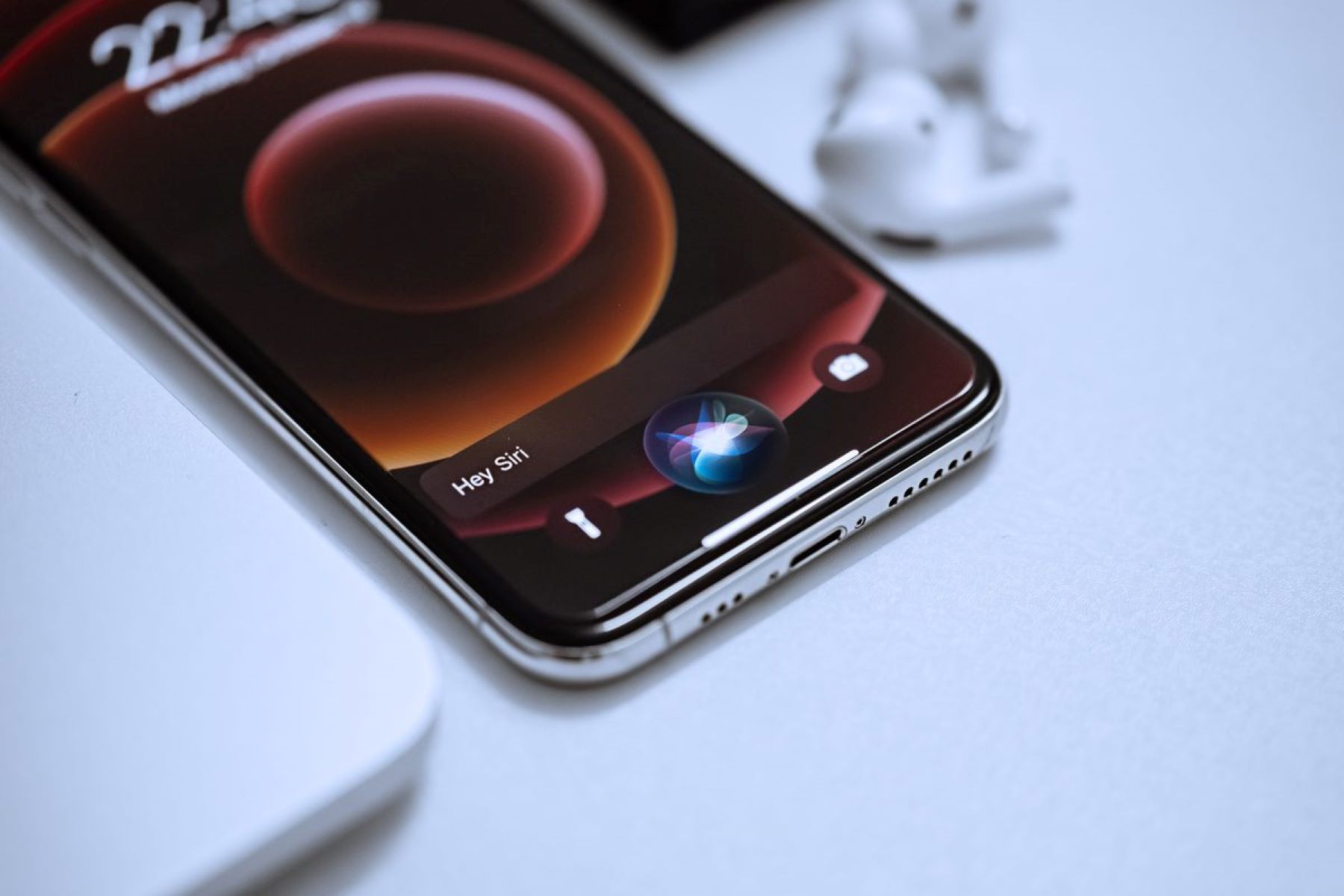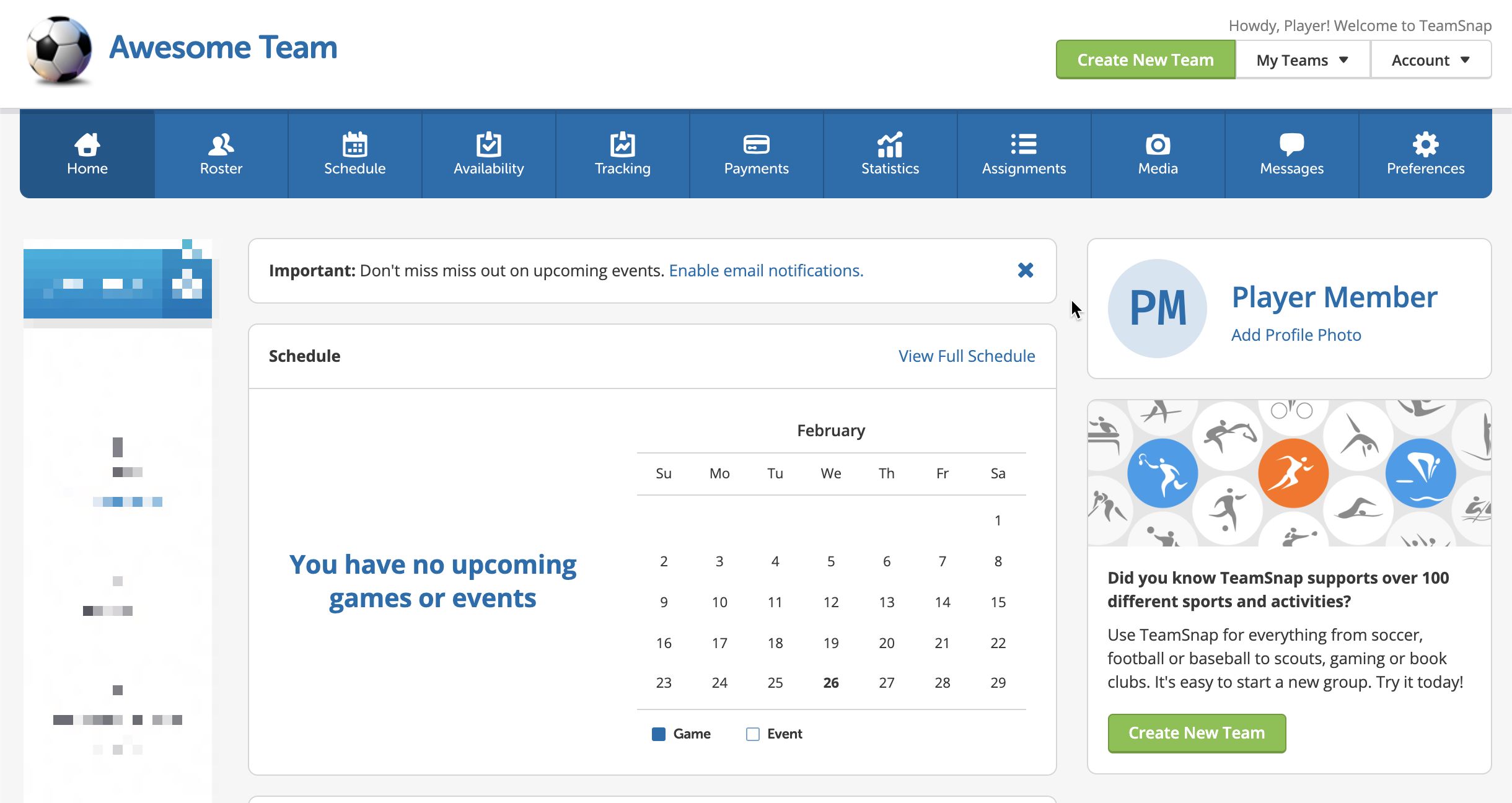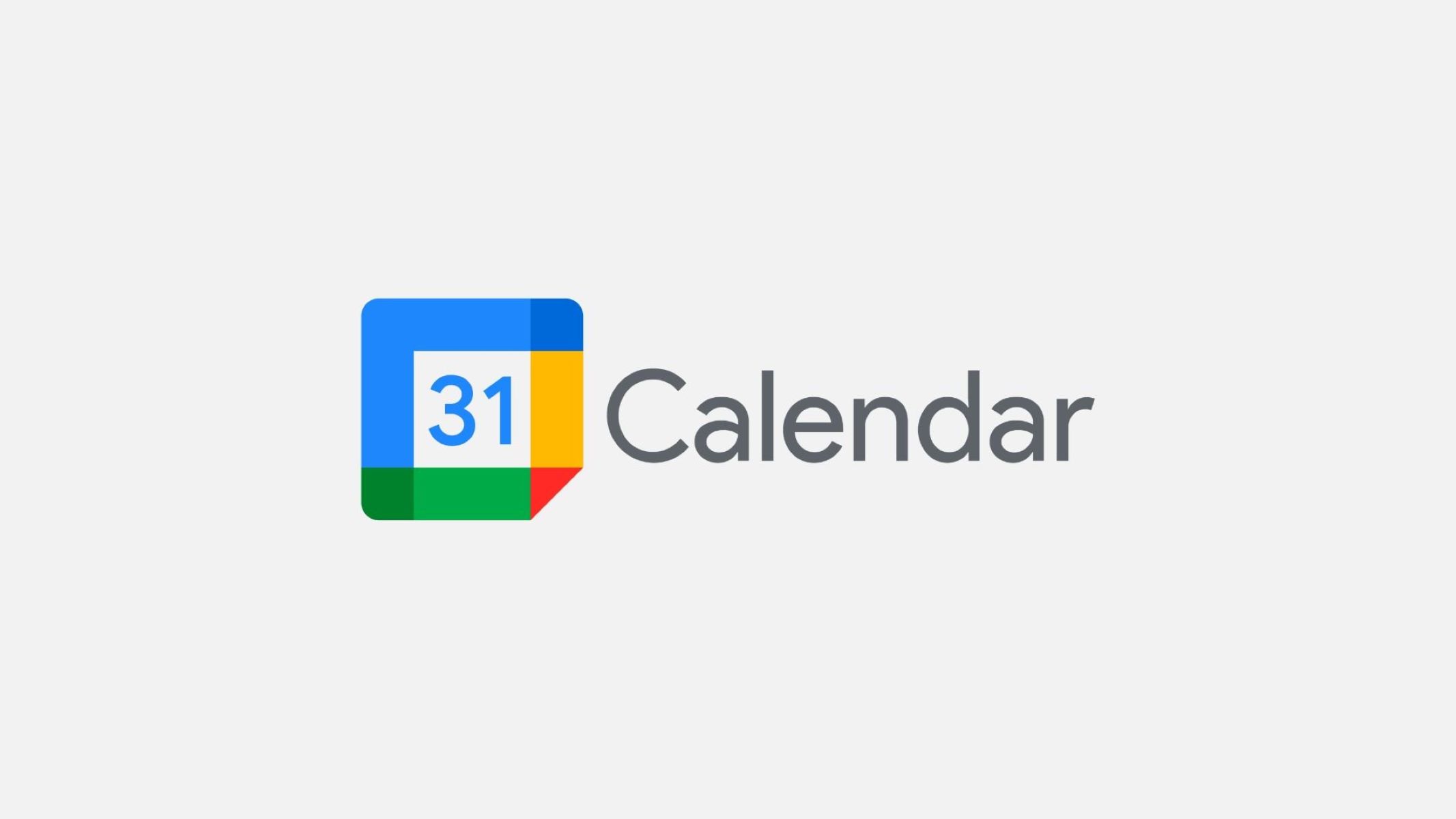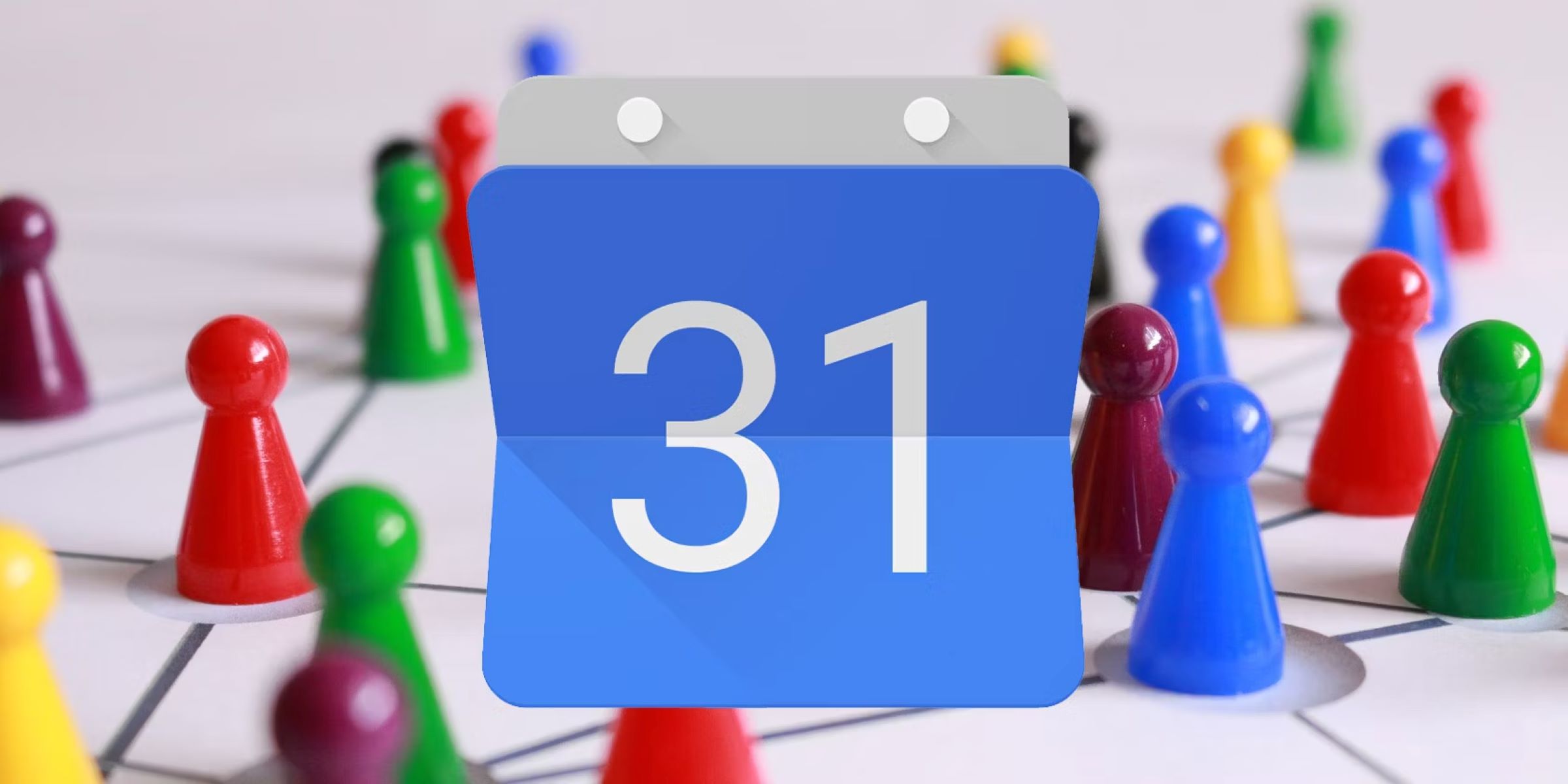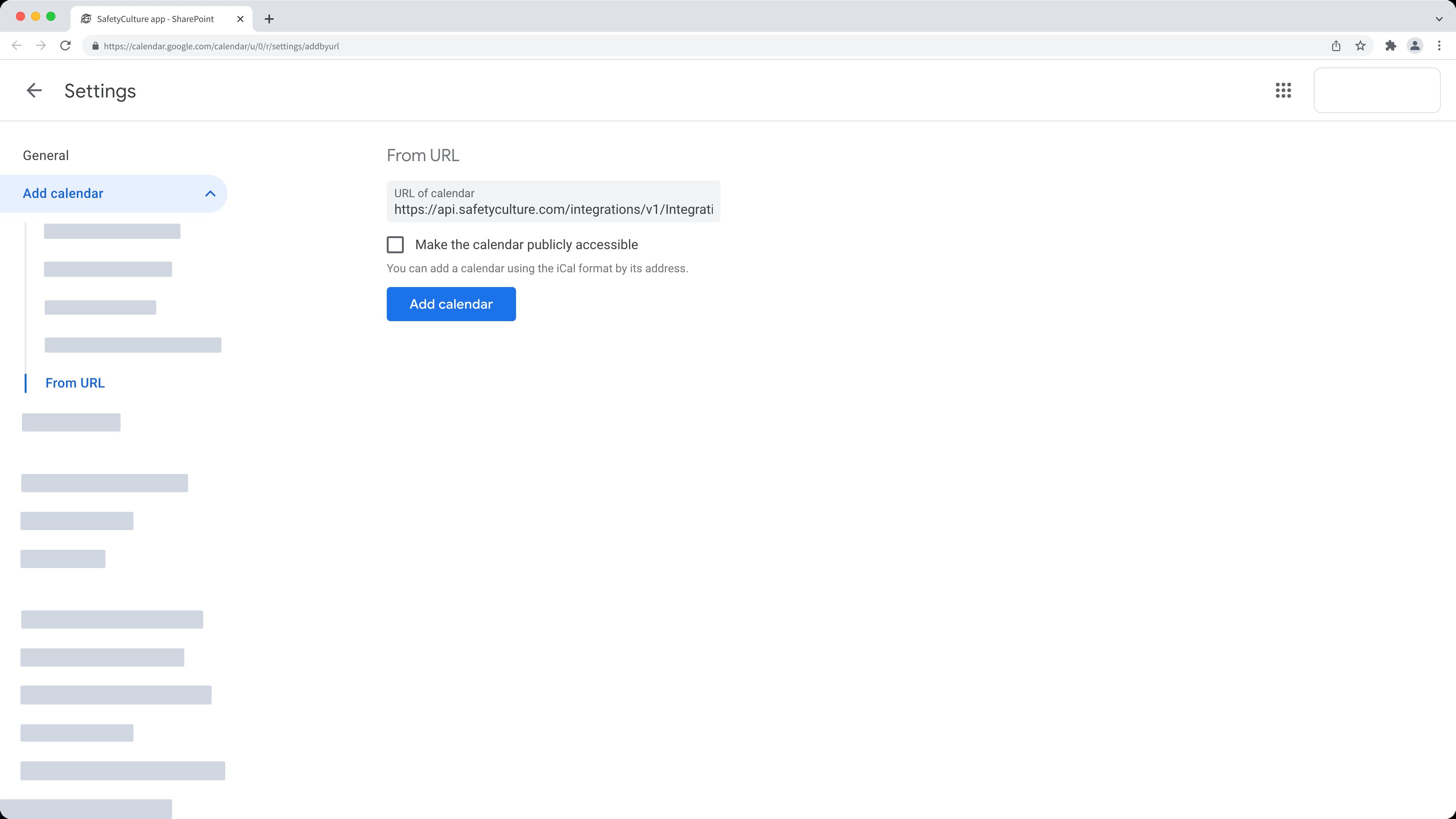Introduction
Welcome to the world of Google Calendar, a versatile and efficient tool for managing your daily schedule, events, and commitments. With its user-friendly interface and seamless integration with other Google services, Google Calendar has become a popular choice for individuals and businesses alike.
But have you ever wondered how long Google Calendar keeps your past events? Does it retain them indefinitely, or is there a limit to how far back you can access your previous schedules? In this article, we will explore the duration for which Google Calendar stores past events, as well as other factors that may affect this duration.
Whether you’re a busy professional who needs to keep track of meetings and deadlines or a student juggling multiple classes and extracurricular activities, understanding how long your past events are accessible in Google Calendar can help you better manage your schedule and organize your time efficiently.
So, let’s dive in and uncover the secrets of Google Calendar’s past event storage!
How Long does Google Calendar Keep Past Events?
Google Calendar is designed to provide users with a comprehensive record of their past events, allowing them to easily refer back to previous schedules and track their activities over time. However, it is important to note that there is a limit to how far back Google Calendar stores past events.
By default, Google Calendar keeps past events for a period of one year. This means that you can access and view events that occurred within the past year in your calendar. Events that are older than one year will not be displayed in your main calendar view, but they can still be retrieved through the calendar’s search function.
While the one-year limit is the default setting, it is customizable to some extent. Google allows users to adjust the duration for which they want their past events to be retained. This can be done by going to the settings of your Google Calendar and modifying the “Events from Gmail” option. By enabling this feature, you can choose to either keep events from Gmail for two weeks or enable automatic deletion.
It is worth mentioning that modifying the duration for retaining past events will affect all events, including those imported from external calendars or added manually. Therefore, it is recommended to weigh the pros and cons before making any changes to the default settings.
However, it’s important to note that even if an event is no longer visible in your main calendar view, Google Calendar keeps a detailed record of all past events, including their title, date, time, and any associated details. This information is still accessible through the search function and can be useful when reviewing past schedules or if you need to refer back to specific event details.
Now that you know how long Google Calendar keeps past events, let’s explore some factors that may affect the duration and how you can manage your events efficiently.
Factors That Affect the Duration
While Google Calendar defaults to keeping past events for one year, there are certain factors that can impact the duration for which your events are stored. Understanding these factors can help you better manage your calendar and ensure that your past events are accessible when you need them.
One factor that can affect the duration of past events in Google Calendar is the type of account you have. If you are using a free Google account, the default storage period for past events is one year. On the other hand, if you have a paid G Suite account, you may have the option to retain past events for a longer duration, such as two years or indefinitely.
Another factor to consider is the storage capacity of your Google account. Google provides users with a certain amount of storage space, and if you reach the storage limit, it may impact the duration for which past events are stored. It is important to regularly review and manage your storage to ensure that you have enough space for your calendar data.
Additionally, events that are imported from external calendars or synced with other applications can also affect the duration of past events. If you have multiple calendars synced with Google Calendar, the retention period may vary for each calendar. It is recommended to review the settings and preferences of each synced calendar to ensure that the desired duration is maintained.
Lastly, it is worth mentioning that Google Calendar offers the option to manually archive past events. By archiving an event, you can remove it from your main calendar view without permanently deleting it. Archiving is particularly useful for events that have already taken place but you would like to keep for future reference. You can easily access archived events through the “Archived” tab in the left sidebar of your Google Calendar.
Now that you are aware of the factors that can affect the duration of past events in Google Calendar, let’s explore how syncing with other devices can impact the accessibility of your calendar data.
Syncing with Other Devices
One of the key advantages of using Google Calendar is the ability to seamlessly sync your events across multiple devices. Whether you’re accessing your calendar on your smartphone, tablet, or computer, you can expect your schedule to be updated and consistent across all devices.
When it comes to syncing past events, Google Calendar ensures that any changes or updates made on one device are reflected on all synced devices. This means that if you add or modify a past event on your smartphone, for example, the changes will be instantly reflected in your calendar on your computer or any other synced device.
Syncing also plays a crucial role in maintaining the duration for which past events are stored. If you have multiple devices synced with Google Calendar, the duration for which past events are retained will be consistent across all devices. For example, if you have set your calendar to keep events for one year on your smartphone, the same duration will apply to your calendar on other devices.
It’s important to note that syncing may be impacted if you are not connected to the internet or if there are any connectivity issues. In such cases, changes made on one device may not be immediately reflected on other synced devices until a stable internet connection is established.
Furthermore, it is worth mentioning that syncing with other calendar applications or services can impact the accessibility and retention of past events. If you have integrated external calendars, such as Outlook or Apple Calendar, with Google Calendar, the retention period may vary depending on the settings of each individual calendar. It is recommended to review the syncing preferences and duration settings for each calendar to ensure that your past events are consistently accessible.
By syncing your Google Calendar with other devices and calendar applications, you can ensure that your past events are always up to date and accessible, regardless of the device you are using.
Next, let’s explore how archiving past events can help you better manage your calendar and declutter your schedule.
Archiving Past Events
As your Google Calendar fills up with past events, it’s natural to want to declutter your schedule and focus on the future. This is where the feature of archiving past events in Google Calendar comes in handy.
Archiving allows you to remove past events from your main calendar view without permanently deleting them. It provides a way to organize your calendar and make it easier to navigate, while still retaining access to past event information when needed.
To archive a past event, simply locate the event in your calendar and click on it to open the event details. From there, you can find the option to archive or “move to archive”. Archiving an event will remove it from your main calendar view, but you can easily access archived events through the “Archived” tab in the left sidebar of your Google Calendar.
Archiving past events offers several benefits. Firstly, it helps to declutter your calendar, making it easier to focus on upcoming and current events. By removing past events from your main view, you can have a cleaner and more organized calendar interface.
Secondly, archiving allows you to maintain a record of past events without overwhelming your calendar. Sometimes, having a long list of past events can make it difficult to find and navigate through your current and future schedules. By archiving older events, you can streamline your calendar and make it more efficient to manage.
Lastly, archiving can be helpful when reviewing past schedules or recurring events. If you need to refer back to previous event details or assess your attendance or availability for recurring events, archived events can provide a comprehensive record of past occurrences.
It’s important to note that archiving past events does not affect the retention period set for storing past events in your Google Calendar. Archived events are still accessible within that duration, and they won’t be permanently deleted unless you choose to manually delete them.
Now that you understand the benefits of archiving past events, let’s explore how you can recover any accidentally deleted events in Google Calendar.
Recovering Deleted Events
Accidentally deleting an important event from your Google Calendar can be a cause for panic, but fear not! Google Calendar provides a simple way to recover deleted events and restore them to your calendar.
When you delete an event in Google Calendar, it is moved to the trash folder, where it will be retained for a period of 30 days. This means that even if you accidentally delete an event, you have a window of time to recover it before it’s permanently deleted.
To recover a deleted event, follow these steps:
- Open the left sidebar menu in Google Calendar by clicking the three horizontal lines icon in the top left corner.
- Scroll down and click on the “Trash” option. This will open the trash folder where your deleted events are stored.
- Locate the deleted event you wish to recover and click on it to open the event details.
- At the top of the event details, you will see a button that says “Restore”. Click on this button to restore the deleted event to your calendar.
Once restored, the event will be returned to its original date, time, and calendar. You can then view and manage it like any other event in your Google Calendar.
It’s important to note that the 30-day retention period only applies to events in the trash folder. After 30 days, deleted events are automatically purged from the trash and cannot be recovered. Therefore, it is recommended to be prompt in restoring any accidentally deleted events to avoid losing them permanently.
In addition to recovering deleted events, it is advisable to regularly review and backup your Google Calendar to ensure that important events are not lost. Google provides the option to export your calendar as an iCalendar file, which can be imported into other calendar applications or saved as a backup.
Now that you know how to recover deleted events, let’s explore some tips for effectively managing your past events in Google Calendar.
Tips for Managing Past Events
As you navigate through your Google Calendar and its past events, it’s important to adopt efficient strategies for managing and organizing your schedule. Here are some helpful tips to make the most of your past events in Google Calendar:
- Use event labels or colors: Assigning labels or colors to your past events can help you quickly identify and categorize them. You can create custom labels or use different color codes to differentiate between work-related events, personal events, or any other categories that are relevant to you.
- Take advantage of search filters: When you need to find specific past events in your calendar, make use of the search filters available in Google Calendar. You can filter by event title, date range, attendees, and more, making it easier to locate specific events or review past schedules.
- Utilize event reminders: If there are past events that you want to keep track of or remember important details from, consider setting up event reminders in Google Calendar. Reminders can be configured to alert you at specific intervals before the event, helping you stay organized and on top of your schedule.
- Create separate calendars: To further organize your past events, you can create separate calendars within Google Calendar. This can be useful if you have different types of events, such as work-related events and personal events, that you want to keep separate. Separating past events by calendar can make it easier to find and manage specific types of events.
- Regularly review and clean up: It’s a good practice to periodically review your past events and clean up your calendar. Consider archiving events that you no longer need to see in your main calendar view, as well as deleting any irrelevant or outdated events. By keeping your calendar tidy, you can improve overall organization and navigation.
By implementing these tips, you can effectively manage your past events in Google Calendar and make the most of the valuable information they hold. With a well-organized and streamlined calendar, you’ll be able to find past events quickly, review important details, and maintain a clear perspective of your schedule.
Now that we have explored various aspects of managing past events in Google Calendar, let’s summarize the key points and wrap up the article.
Conclusion
Google Calendar is a powerful tool for managing your schedule and staying organized. Understanding how it handles past events is essential for effectively utilizing this platform. In this article, we explored how long Google Calendar keeps past events, the factors that can affect the duration, and how to manage and recover past events.
By default, Google Calendar retains past events for one year, but this duration can be customized based on your preferences. Factors like the type of account you have and storage capacity can also impact the retention period. Syncing with other devices and integrating external calendars may influence the accessibility of past events as well.
We also discussed the benefits of archiving past events, which allows you to remove them from your main calendar view without permanently deleting them. Archived events can be easily accessed and restored, providing a clutter-free calendar interface while still retaining valuable information.
In the event of accidentally deleting an event, Google Calendar offers a 30-day window to recover it from the trash folder. Beyond that timeframe, deleted events are permanently deleted.
To effectively manage past events, we provided tips such as using labels or colors, utilizing search filters, setting event reminders, creating separate calendars, and regularly reviewing and cleaning up your calendar.
With this knowledge and these strategies in mind, you can optimize your use of Google Calendar, ensuring efficient management of past events and a well-organized schedule. By embracing these practices, you can streamline your calendar, save time, and stay on top of your commitments.
So, go ahead and make the most of your Google Calendar experience, utilizing its features to their fullest extent, and leveraging the valuable information within your past events to enhance your productivity and success.









